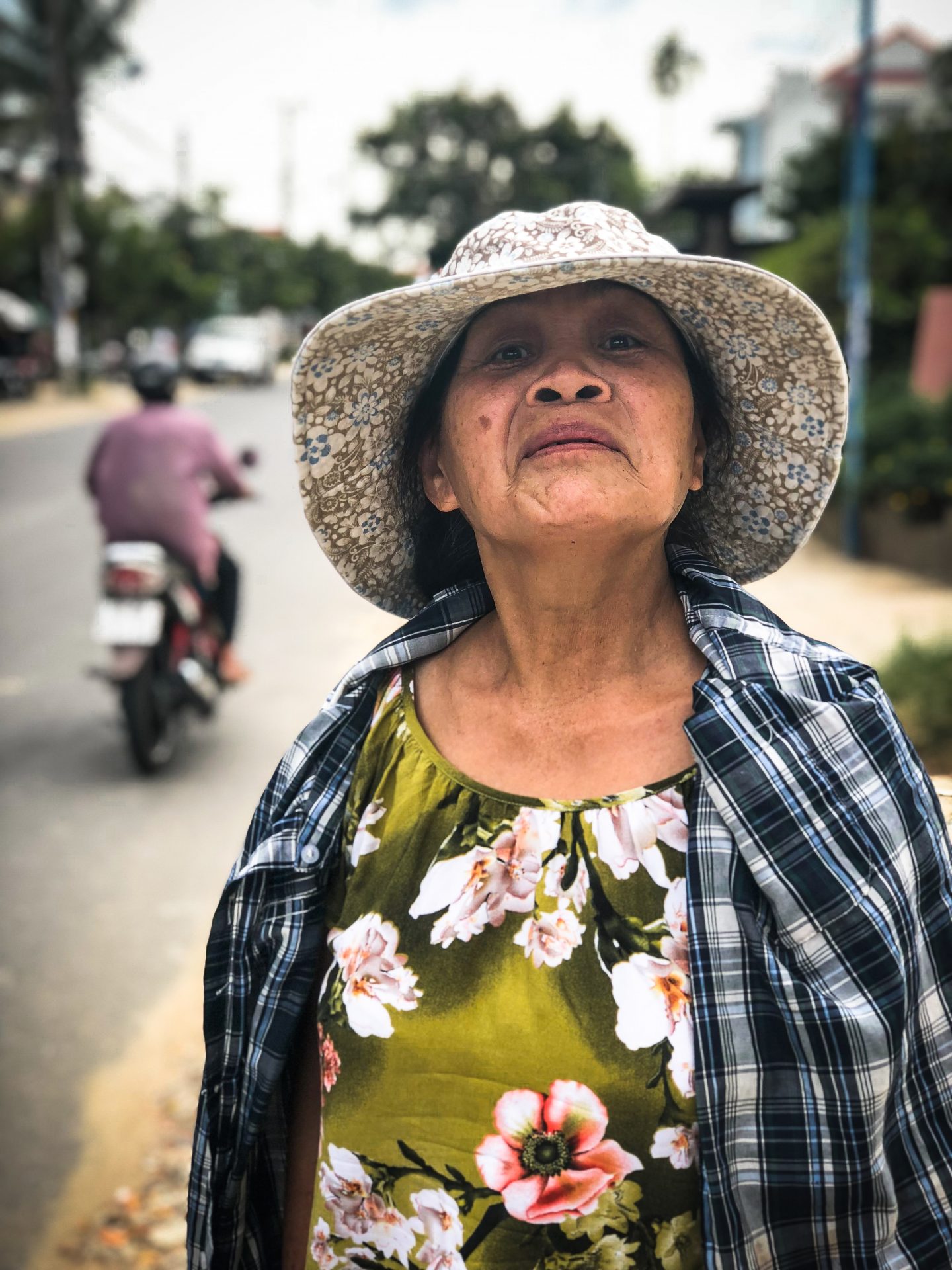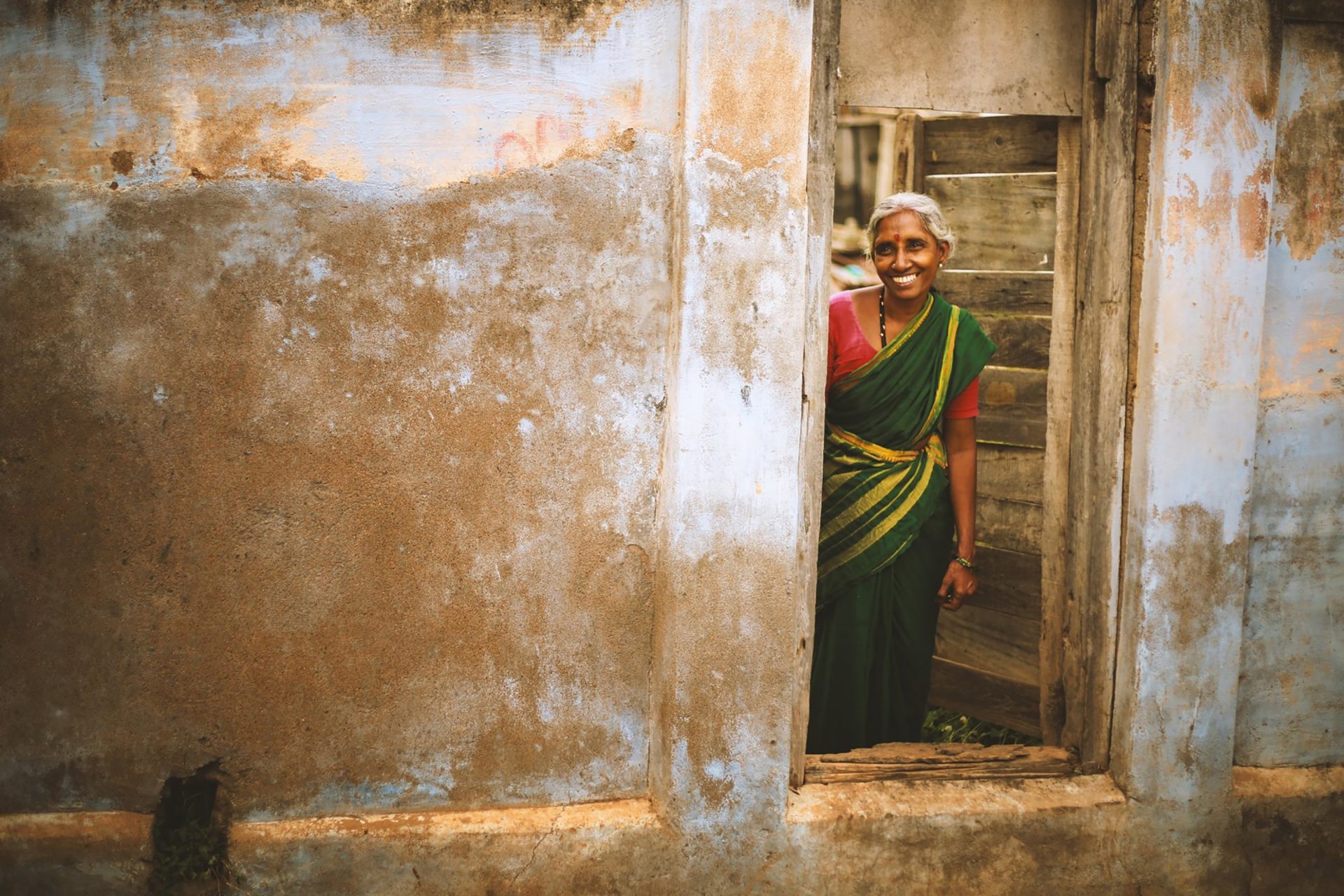- COVID-19 responses have led to an increased risk of gender-based violence (GBV)
- Innovative access points and digital options for GBV response services have improved accessibility for some women
- Provides practices and approaches to mitigate the impacts of GBV
This infographic is part of a series of four infographics focusing on the intersection of gender and Covid-19 and covering the following topics:
With a focus on countries in the Global South, this infographic illustrates how COVID-19 responses have led to increased risk of GBV and what practices and approaches countries have used to address it.
In best-practice, GBV support services consider the heightened risks of specific groups, including women with disabilities, transgender women, sex workers, and migrants.

In several countries – including Solomon Islands, Dominican Republic, Fiji, Costa Rica, Portugal, Tonga and Canada – domestic violence services were declared essential services so that they could keep running.
COVID-19 responses have led to an increased risk of GBV. Specific groups – including women healthcare workers, women with disabilities, LGBTQIA+ people, sex workers and migrant women – have heightened risks for GBV.
According to a Marie Stopes survey of women in India, 1 in 5 of respondents seeking an abortion service (21%) or contraceptive services (18%) reported not being able to attend a face-to-face appointment for
fear of leaving their home whilst experiencing domestic abuse.
Some countries have been able to maintain and adapt GBV response services to address multiple and intersecting forms of inequalities, delivering effective coverage. Innovative access points and digital
options for GBV response services have improved accessibility for some women.





